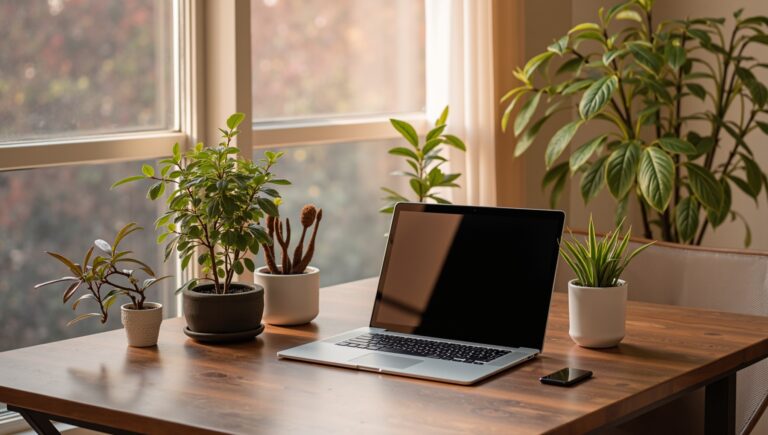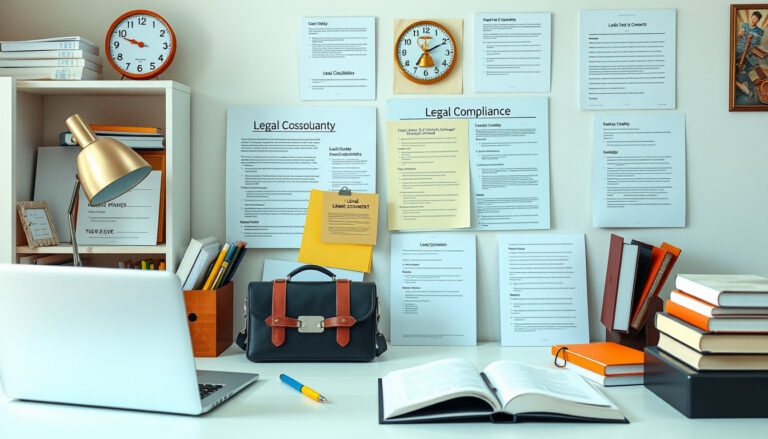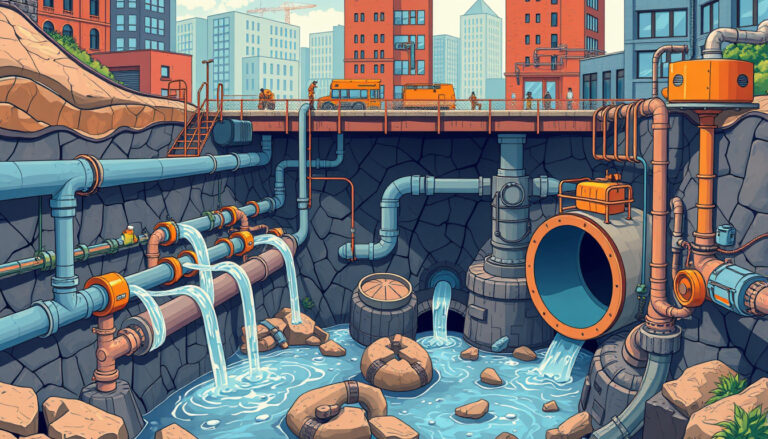When it comes to buying a home, one of the most crucial steps in the process is the property inspection.
A thorough property inspection can save you thousands of dollars and countless headaches down the road by uncovering issues that may not be visible during a simple walkthrough.
In this guide, we will delve into the importance of property inspection, explore the inspection process, discuss common problems that may be found, and provide tips on how to choose the right inspector.
Additionally, we’ll outline what to expect on the day of your inspection and what steps to take afterward to ensure that you are making informed decisions for your future home.


3. Common Issues Discovered During Inspections
When considering a property inspection, especially in the vibrant market of Costa Rica real estate, it’s crucial to be aware of common issues that might surface during the process.
One of the primary concerns is the presence of pests, which can wreak havoc in tropical climates.
Termites, for instance, can compromise the structural integrity of a home, making early detection vital.
Additionally, plumbing issues often arise, particularly in older properties.
Leaky pipes can lead to serious water damage, mold, and decreased property value if not addressed promptly.
Another frequent finding is related to electrical systems; homes not up to code may present safety hazards.
Lastly, the terrain and drainage around the property should be assessed to avoid flooding, especially during the rainy season in Costa Rica.
Being knowledgeable about these potential issues empowers buyers to make informed decisions and negotiate better terms in the dynamic Costa Rica real estate market.
4. How to Choose the Right Property Inspector
When it comes to investing in Costa Rica real estate, ensuring that your chosen property is in excellent condition is paramount.
A thorough property inspection can save you from unexpected repairs and financial losses down the line.
To choose the right property inspector, first, look for professionals who are licensed and have substantial experience in the local market.
It’s beneficial to seek inspectors who are familiar with the specific types of construction common in Costa Rica, as this knowledge can make a significant difference in identifying potential issues.
Ask for recommendations or read testimonials from previous clients to gauge reliability and thoroughness.
Additionally, ensure that your inspector provides a detailed report after the inspection—this document will be invaluable for both negotiation and future maintenance decisions.
By selecting a qualified property inspector, you can have greater peace of mind knowing your investment in Costa Rica real estate is sound.

5. What to Expect on Inspection Day
When preparing for a property inspection in Costa Rica, homeowners and prospective buyers should know what to expect on inspection day.
This essential step in the real estate process allows buyers to thoroughly assess the property’s condition, uncovering potential issues that may not be visible during initial viewings.
Typically, a professional inspector will evaluate various aspects of the property, including the structural elements, plumbing, electrical systems, and even the quality of the finishes.
As a result, it’s vital for buyers to be present on inspection day, as they can ask questions, point out concerns, and gain valuable insights into the property.
In Costa Rica, where diverse climates and ecosystems exist, inspectors may also evaluate whether the property is resilient to natural elements such as humidity and insects.
Overall, understanding what to expect on inspection day not only helps buyers make informed decisions but also ensures that the investment in Costa Rican real estate is sound and secure.
6. Post-Inspection: Making Informed Decisions
After completing a thorough property inspection, buyers are equipped with key insights that significantly influence their decision-making process in the Costa Rica real estate market.
Understanding the results of the inspection allows potential homeowners to assess not only the physical condition of the property but also any hidden issues that may require immediate attention.
This critical evaluation can also empower buyers to negotiate terms more confidently, whether it be adjusting the purchase price or requesting repairs before finalizing the deal.
Moreover, an informed buyer is better positioned to gauge the long-term value of the property, ensuring that their investment in Costa Rica real estate aligns with their future plans.
Thus, taking the time to review inspection reports alongside experienced real estate agents can lead to a more satisfying purchase experience.
Frequently Asked Questions
What is a property inspection, and why is it important?
A property inspection is a thorough evaluation of a property’s condition, typically conducted by a licensed inspector.
It is important because it helps buyers identify any potential issues or necessary repairs before finalizing a purchase, ensuring that they make informed decisions.
What does the property inspection process involve?
The property inspection process involves scheduling an inspection, where the inspector examines the property’s structure, systems, and components.
The inspector will assess everything from the roof and foundation to plumbing and electrical systems, providing a detailed report on their findings.
What are some common issues found during property inspections?
Common issues discovered during property inspections include roof problems, plumbing leaks, electrical system deficiencies, foundation cracks, mold, and pest infestations.
Identifying these issues early can save buyers significant costs and headaches down the road.
How can I choose the right property inspector?
To choose the right property inspector, look for someone who is licensed, experienced, and comes highly recommended.
Check reviews and ask for references.
It’s also beneficial to select an inspector who is knowledgeable about the type of property you are purchasing.
What should I expect on inspection day?
On inspection day, you can expect the inspector to spend several hours examining the property.
You are encouraged to attend the inspection to ask questions and understand the inspector’s findings.
After the inspection, you will receive a detailed report outlining any issues and recommendations for action.





